Panel#1: Hype and Promise of AI in Networking: July 25, 14:00-15:30 EST
Chair: Dr. Mudhakar Srivatsa, IBM, USA
Speakers:
Dr. Tarek Abdelzaher, University of Illinois Urbana-Champaign, USA
Dr. Bharathan Balaji, Amazon Sustainability, USA
Dr. Peter Kairouz, Google Research, USA
Dr. Zhi-Li Zhang, University of Minnesota Twin Cities, USA
The goal of the panel is to debate over the hype and promise of AI/ML for Networking. There are unique challenges to AI/ML in networking relative to the more traditional focus of AI/ML in NLP, speech, image/video etc. Specific challenges that we will attempt to cover in this panel include:
(a) Do we see the possibility of a network foundation model - much like the foundational models that are built for NLP, Images, etc.? Would this help address shortage of labeled data?
(b) What architectural and algorithmic approaches are going to provide requisite performance to operate at network “wire speeds”, including pruned DNNs, Inferencing using a system on a chip, analog or mixed neural networks, Neuro-symbolic?
(c) Would AI/ML at the network device (e.g., firewall) be limited to inferencing, or will we see learning at the network device (even continual/online)? If so, how would some of the significant gaps be addressed?
(d) Given the adaptive nature of networking ranging from TCP congestion control to slice management in 5G networks techniques such as Reinforcement Learning (RL) are natural. But unlike games, doing RL for such settings is hard: it is too slow and even dangerous to do exploration in the real system, and simulations of physics are too crude to transfer well to the real world. How would AI/ML for network devices engaged in control tasks in the physical world evolve?
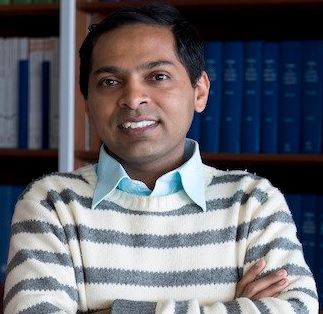
Dr. Mudhakar Srivatsa is a distinguished research staff member at the Distributed AI department in IBM T. J. Watson Research Center. His work is focussed on scaling AI/ML algorithms on heterogeneous spatiotemporal data with applications to edge computing. He is an IBM master inventor, authored over 200 research papers, 90 granted US patents, recipient of IBM corporate award, Recognition Experience Honoree, multiple outstanding technical achievement awards and has transitioned major software artifacts to 20+ IBM products offerings.
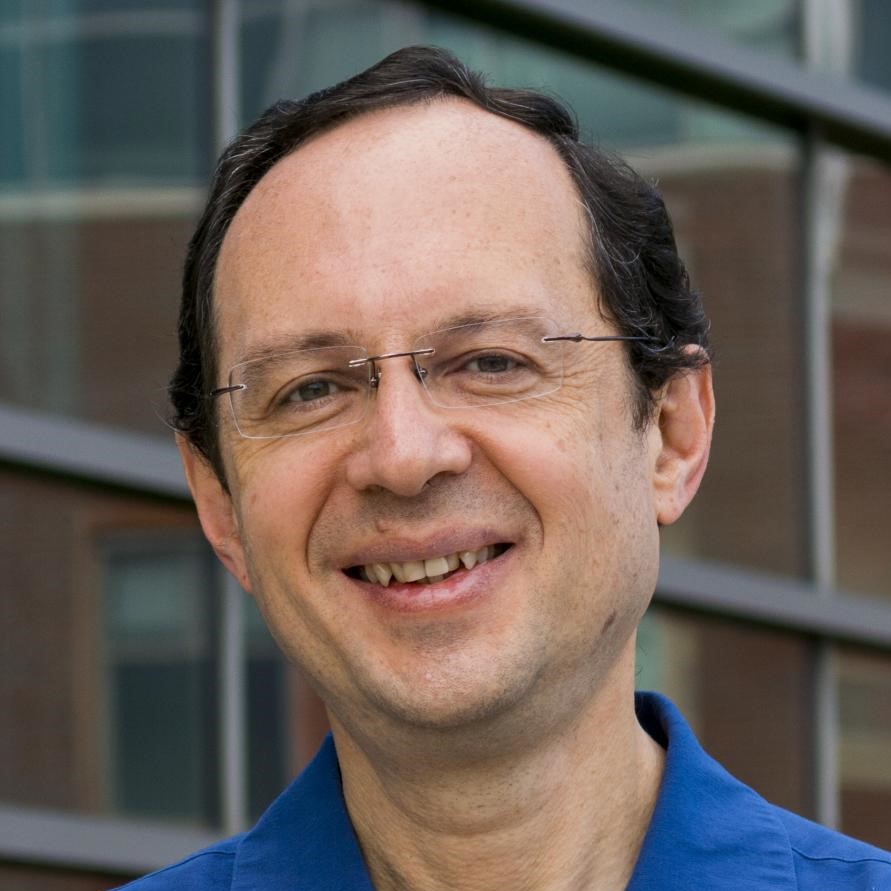
Dr. Tarek Abdelzaher (Ph.D., University of Michigan, 1999) is a Sohaib and Sara Abbasi Professor of Computer Science and a Willett Faculty Scholar at the University of Illinois, with over 300 refereed publications in Real-time Computing, Distributed Systems, Sensor Networks, and IoT, and an H-index of 94. He served as an Editor-in-Chief of the Journal of Real-Time Systems for 15 years, and as an Associate Editor of multiple journals including IEEE TMC, IEEE TPDS, ACM ToSN, ACM TIoT, and ACM ToIT. He also chaired several top conferences including RTSS, Sensys, Infocom, ICDCS, IPSN, RTAS, DCoSS, and ICAC. Abdelzaher received the IEEE Outstanding Technical Achievement and Leadership Award in Real-time Systems (2012), a Xerox Research Award (2011), and several best paper awards. He is a fellow of IEEE and ACM.
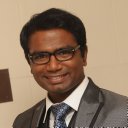
Dr. Bharathan Balaji is a research scientist in Amazon working on sustainability. He is interested in developing methods and systems that help make the world a better place: by reducing waste, through education, and with automation. He has worked on reinforcement learning, smart buildings and internet of things technologies. He has published papers in esteemed venues such as BuildSys, SenSys, Ubicomp, ICRA, ICCPS, CoRL, IPSN, MLSys, and CHI. As per Google Scholar, he has published 57 articles and has >2500 citations.
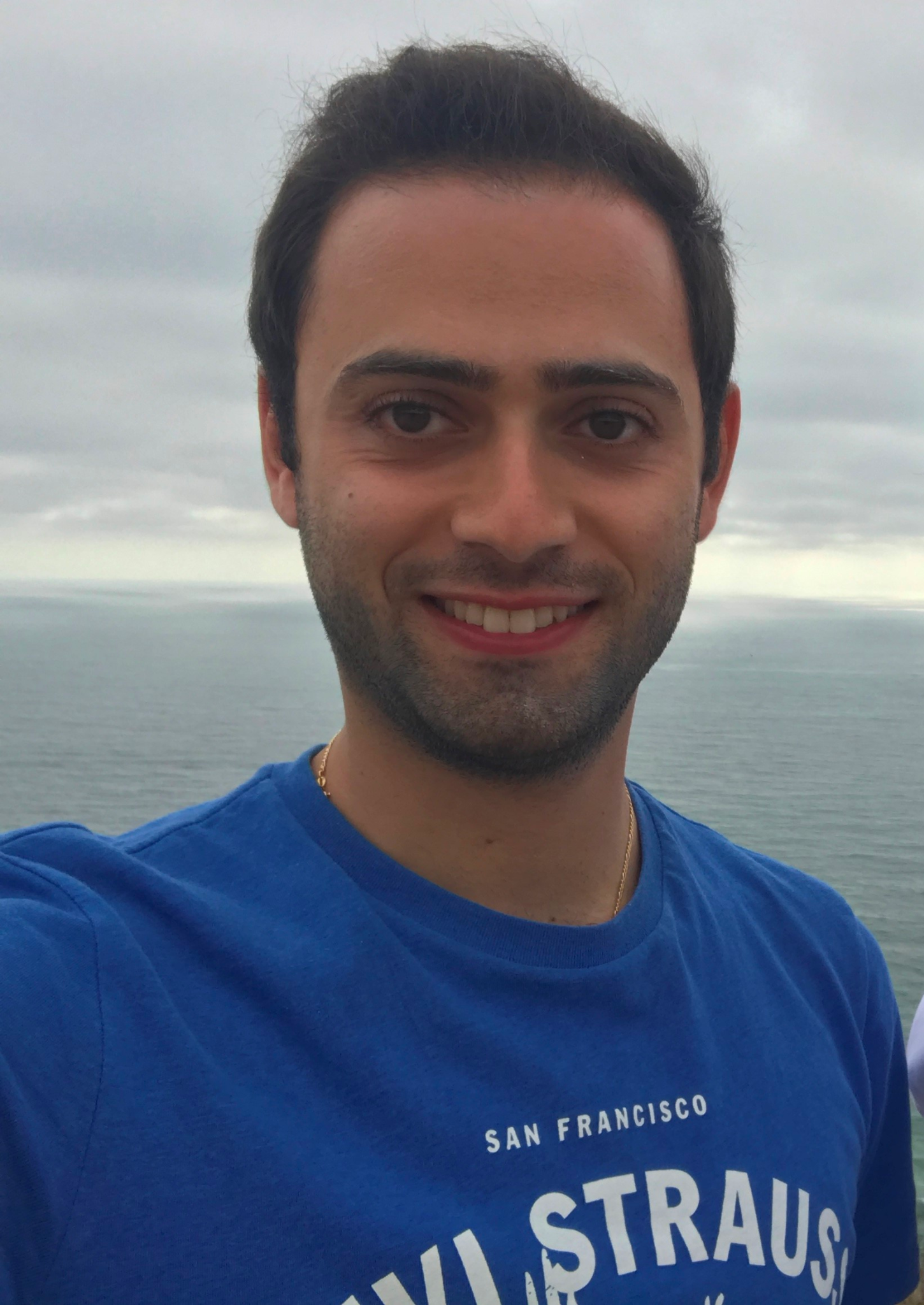
Dr. Peter Kairouz is a research scientist at Google, where he coordinates research efforts on federated learning and privacy-preserving technologies. Before joining Google, he was a Postdoctoral Research Fellow at Stanford University. He received his Ph.D. in electrical and computer engineering from the University of Illinois at Urbana-Champaign (UIUC). He is the recipient of the 2012 Roberto Padovani Scholarship from Qualcomm's Research Center, the 2015 ACM SIGMETRICS Best Paper Award, the 2021 ACM Conference on Computer and Communications Security (CCS) Best Paper Award, the 2015 Qualcomm Innovation Fellowship Finalist Award, and the 2016 Harold L. Olesen Award for Excellence in Undergraduate Teaching from UIUC.
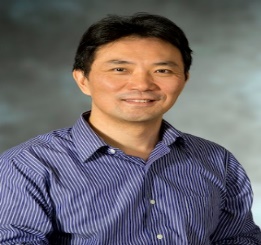
Dr. Zhi-Li Zhang joined the Department of Computer Science and Engineering at University of Minnesota in January 1997, where he is now a Full Professor. He received his M.S. and Ph.D. degrees in computer science from the University of Massachusetts, Amherst in 1992 and 1997 (Ph.D thesis advisors, Profs. Don Towsley and Jim Kurose. Dr. Zhang graduated with B.S. in Computer Science with highest distinction from Nanjing University, Nanjing, China. After his B.S. from Nanjing University, China, he was awarded a highly selective fellowship from the Chinese National Committee for Education for graduate study in Europe, and studied at the Computer Science Department, Århus University, Denmark. He is a Fellow of IEEE. His research interests lie broadly in computer communication and networks, Internet technology, multimedia and emerging applications.
Panel#2: Future of Computer Communications and Networks: Trends and Directions: July 26, 13:30-15:00 EST
Chair: Dr. Erik Brunvand, National Science Foundation (NSF), USA
Speakers:
Dr. Brighten Godfrey, University of Illinois Urbana-Champaign and VMware, USA
Dr. Sastry Kompella, Naval Research Laboratory (NRL), USA
Dr. Seung-Jong Park, National Science Foundation (NSF), USA
Dr. Robert Ulman, Army Research Office (ARO), USA
Wireless mobile broadband communication networks have seen rapid development over the last two decades. This growth has brought about new capabilities, including increased data rates, lower latencies, support for more users and improved coverage. Introduction of computational capabilities and services embedded within modern communication networks have changed how we communicate, from a voice-only model of interaction to a multi-modal interaction that incorporates voice, text messages, video, data, computation and data analytics. These networks have become a vital component of our daily lives by supporting reliable communication, ubiquitous computing and data storage resources. These networks are thus an essential part of societal infrastructure, much like power, water, and transportation systems, with growing need for built-in service assurance assumptions of availability, reliability and resiliency.
NextG wireless broadband networks are expected to support features such as per-user throughputs of 1 gigabit-per-second (Gbps) or more, as well as ultra-low access latencies of 1 millisecond (ms) or less for massive numbers of devices and services, enabling exciting new applications such as Augmented Reality/Virtual Reality (AR/VR) and video analytics. In this panel we will discuss trends and directions for the future of communications and networks, and how those networks might be used to connect billions of heterogeneous Internet of Thing (IoT) devices along with billions of people, enable machine-to-machine communications, and provide low-latency computational and storage resources on-demand at the edge and in the cloud.

Dr. Erik Brunvand is a professor in the School of Computing at the University of Utah in Salt Lake City. He is currently on-leave and serving as a Program Manager at the National Science Foundation in the Computer and Information Science and Engineering (CISE) directorate, Computer and Network Systems (CNS) division. He is the Cluster Lead for the Computer Systems Research cluster within that division.
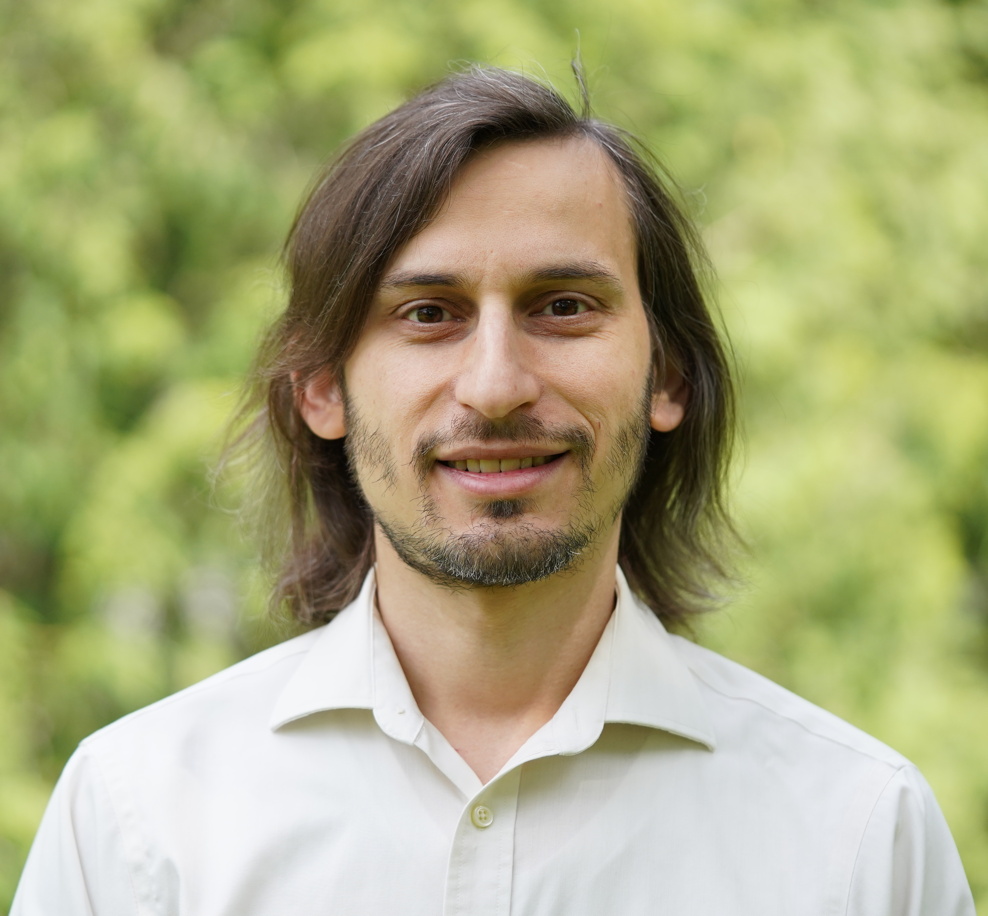
Dr. Brighten Godfrey is a professor in the Department of Computer Science at the University of Illinois at Urbana-Champaign, and a technical director at VMware. He co-founded and served as CTO of network verification pioneer Veriflow through its 2019 acquisition by VMware. He received his Ph.D. at UC Berkeley in 2009. His research interests lie in the design of networked systems and algorithms. He is a winner of the ACM SIGCOMM Rising Star Award, the Sloan Research Fellowship, and the National Science Foundation CAREER Award, and has chaired several conferences including ACM HotNets 2014, the Symposium on SDN Research 2016, and ACM SIGCOMM 2022.
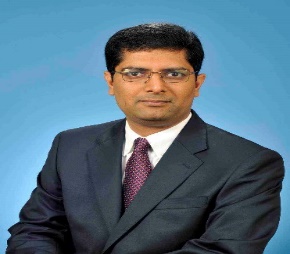
Dr. Sastry Kompella received the Ph.D. degree in electrical and computer engineering from the Virginia Polytechnic Institute and State University, Blacksburg, VA, USA, in 2006. He currently serves as head of the Wireless Networks Research Section in the Information Technology Division, US Naval Research Laboratory (NRL). He has been a PI or Co-PI on a number of key communications, networking and radio development projects in addition to performing ongoing research and development in these areas. Dr. Kompella also collaborates with leading researchers at universities and industrial as well as Government laboratories on research topics of mutual interest. He is the author/co-author of over 170 peer-reviewed publications that include conference publication such as in IEEE INFOCOM, and ACM MOBIHOC, as well as in leading networking journals such as the IEEE/ACM Transactions in Networking, IEEE JSAC, IEEE Transactions in Wireless Communications, etc. He is a senior member of IEEE and currently serves as editor for IEEE Transactions on Networking (IEEE ToN). In addition, he has also been a member of the technical program committee for a number of conferences over the years, a reviewer for various journals, chaired conference tracks and events on wireless networks, and provided consulting services for DARPA, OSD and other DoD entities. Some of his current areas of interest include network optimization, capacity, wireless scheduling, cognitive radio networking, dynamic spectrum access, cooperative communications, underwater networking, multimedia delivery, and age of information.
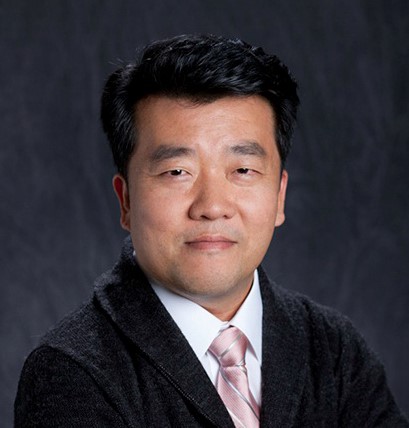
Dr. Seung-Jong Jay Park has worked in cyberinfrastructure development for large-scale scientific and engineering applications since 2004. He received Ph.D. in the school of Electrical and Computer Engineering from the Georgia Institute of Technology (2004). He has performed interdisciplinary research projects including (1) big data & deep learning research including developing software frameworks for large-scale science applications and (2) cyberinfrastructure development using high-performance computing and high-speed networks. Those projects have been supported by federal and state funding programs from NSF, NASA, NIH, etc. He received IBM faculty research awards between 2015-2017. Since 2021, he has been serving at the U.S. National Science Foundation (on leave from LSU) as a program director for research support programs, such as Cyberinfrastructure for Sustained Scientific Innovation (CSSI), Principles and Practice of Scalable Systems (PPoSS), Computational and Data-Enabled Science and Engineering (CDS&E), OAC Core, etc.
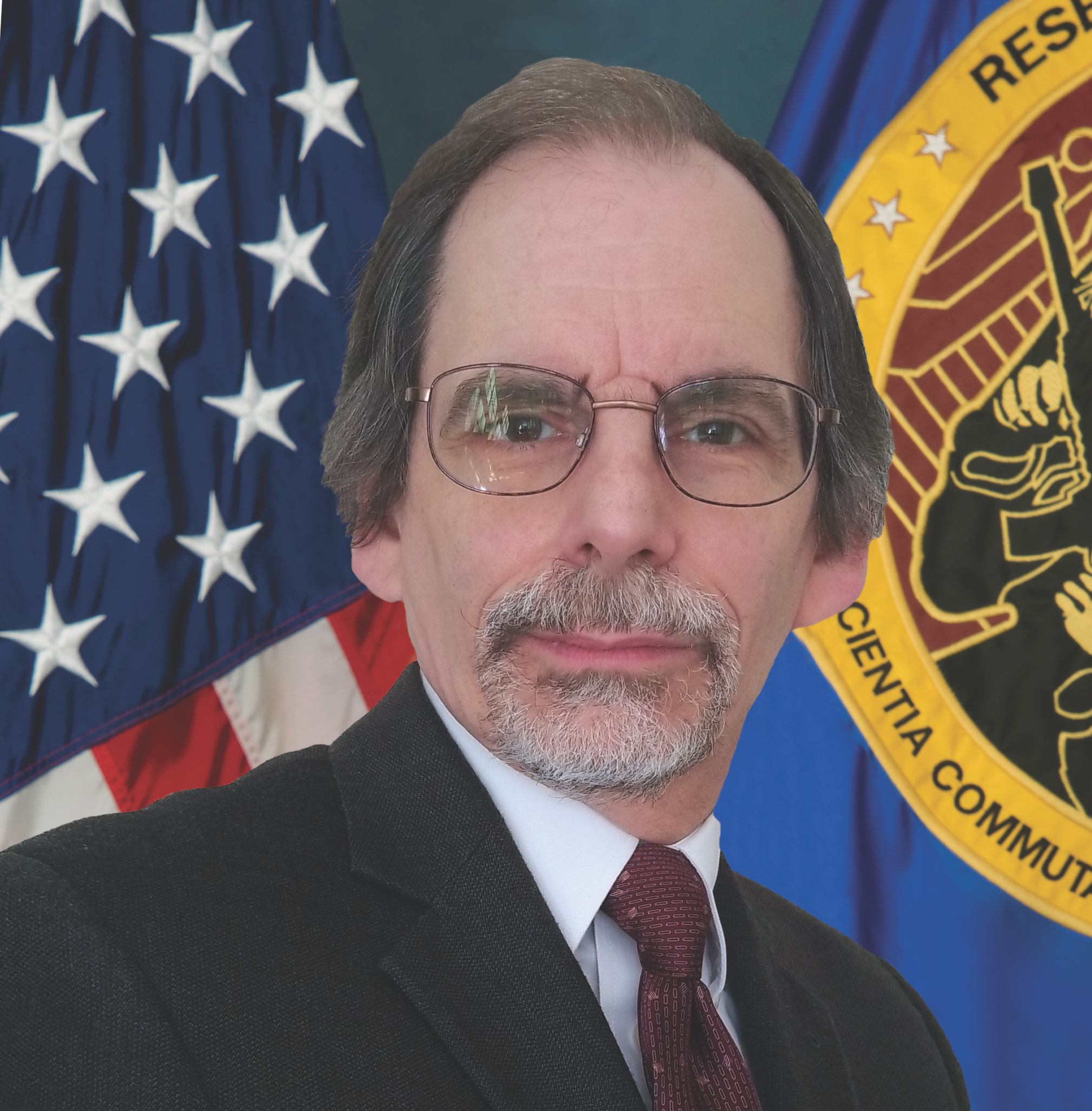
Dr. Robert Ulman is the program manager for the Wireless and Hybrid Communications Networks program at U.S. Army Research Office (ARO). He has run this program for 20 years, funding cutting edge research with application to mobile ad-hoc networking. The program spans physical to network and transport layer protocols, as well as interactions between distributed services and the communications network.


